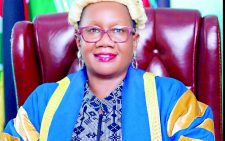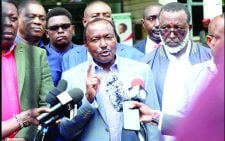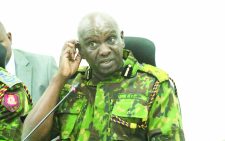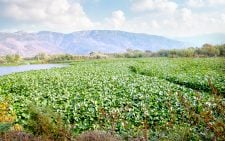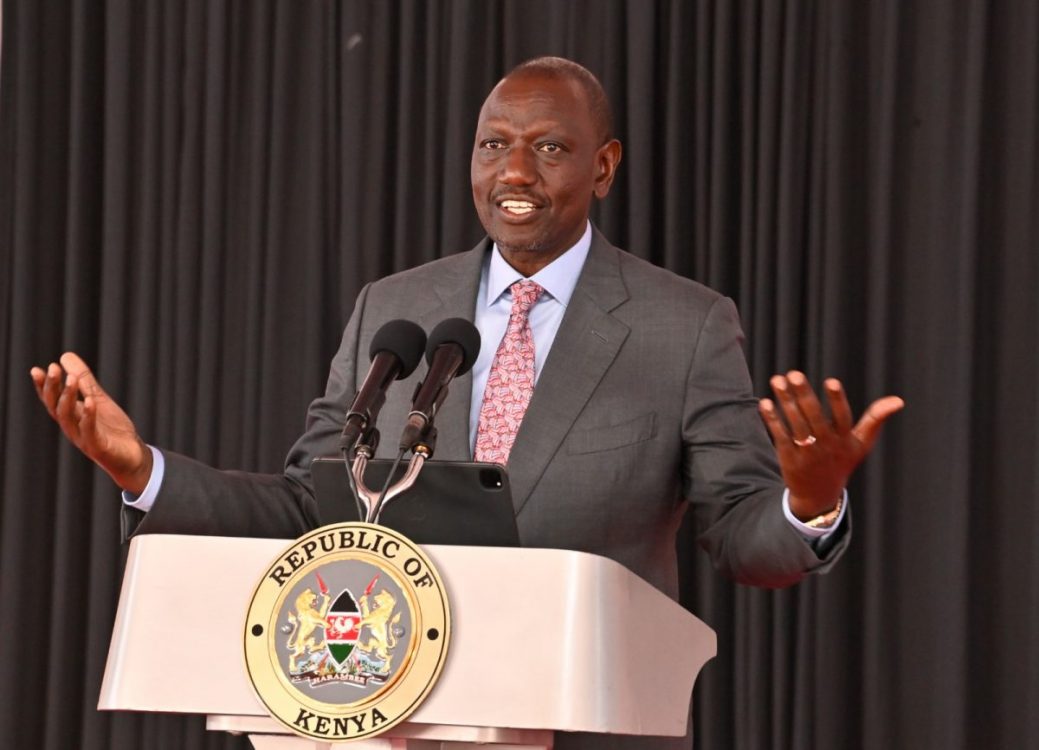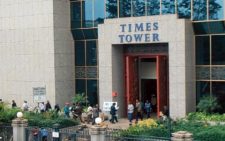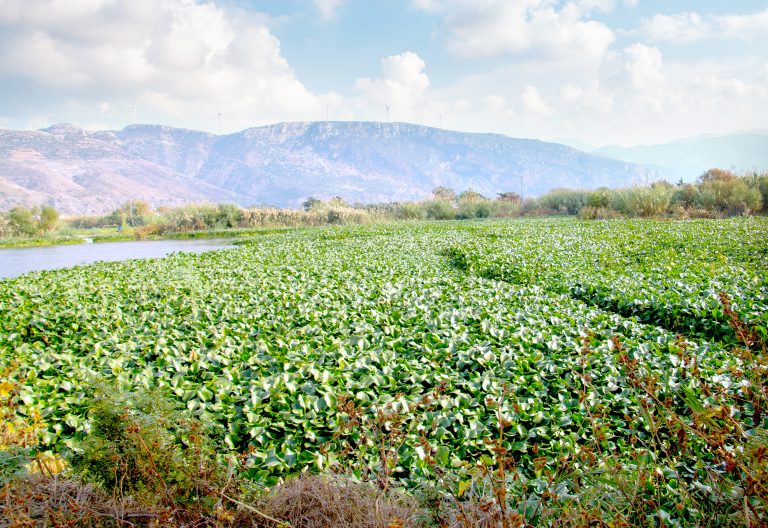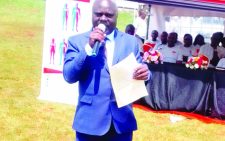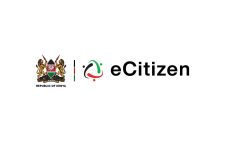Secondary school teachers convene amid JSS debate
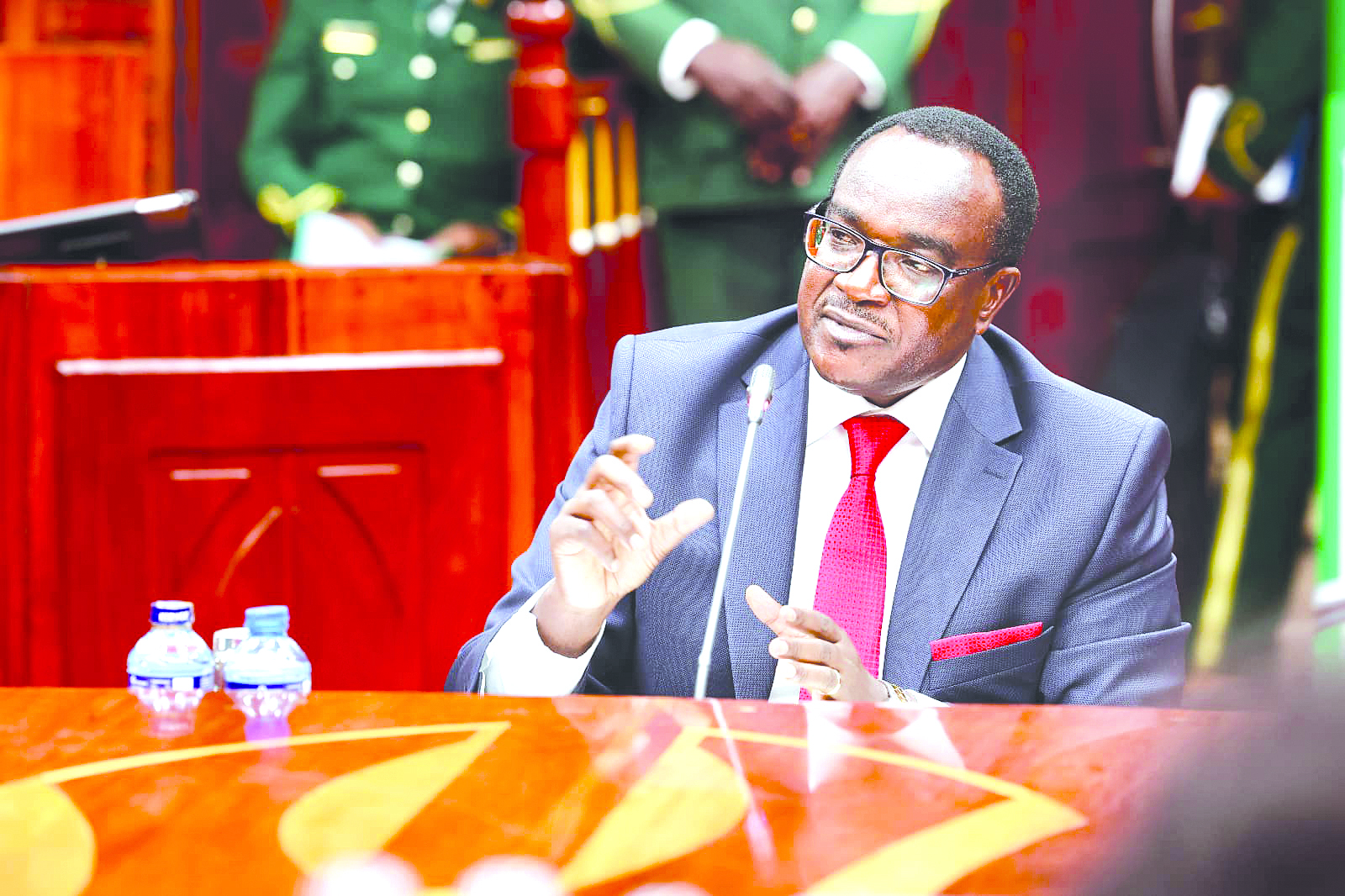
The 21st Kenya Primary School Heads Association (KEPSHA) annual conference begins today at the Sheikh Zayed Hall in Mombasa, where primary school heads from across the nation will converge to address a host of pressing challenges in the education sector.
This year’s gathering is set to spotlight ongoing issues in Junior Secondary School (JSS) programmes, including the completion of Grade Nine classrooms, the deployment of much-needed teachers, and ongoing issues with the National Education Management Information System (NEMIS) portal.
Among the most urgent matters on the agenda is an appeal to the Ministry of Education to reconsider its stringent requirement that schools use NEMIS as the sole reference for all government transactions.
School heads argue that this mandate could restrict some schools’ access to resources.
As it stands, headteachers are required to upload all school data to the NEMIS portal, a task that has proven cumbersome.
Speaking at a pre-conference briefing yesterday, KEPSHA chair Johnson Nzioka commended the government’s timely disbursement of capitation funds for the second and third terms but urged a revision or waiver for new NEMIS data requirements.
“Funding for junior schools arrived in full and on time, but we have concerns with new data requirements in NEMIS,” said Nzioka.
“Headteachers are finding it challenging to meet these demands before capitation is released. We urge the ministry to consider using existing data to ensure funds are released for Term One, as many schools risk missing out on funding come January.”
The evolving role of primary school headteachers was another focal point, as Nzioka emphasized the additional responsibilities they now shoulder with the integration of junior schools.
“Our responsibilities now cover both primary and junior schools, and an urgent priority is ensuring that every school has completed Grade Nine classrooms by the end of this year,” Nzioka stated.
He assured that, in collaboration with the government, classrooms are being constructed in phases, with the goal of meeting a 100 pecent transition rate from Grade Eight to Grade Nine by January 2025.
As part of this transition, the government has committed to hiring 20,000 teachers by January, a pledge that schools are eagerly waiting to address the teacher shortage.
“We urge the Teachers Service Commission to complete teacher postings over the long holiday, so they can report to duty when schools reopen in January. We want schools to be fully staffed and prepared,” Nzioka added.
Beyond logistical issues, this year’s KEPSHA conference, which spans four days and concludes on Thursday, will also address the mental health and social support needs of teachers—a theme gaining significance in the education sector.
A full tray awaits Education Cabinet Secretary Julius Ogamba who is expected to officially open the conference. His docket is filled with critical issues, including a potential teachers’ strike and reports of fake Kenya Primary School Education Assessment (KPSEA) exams allegedly administered at a school in Uasin Gishu County.
